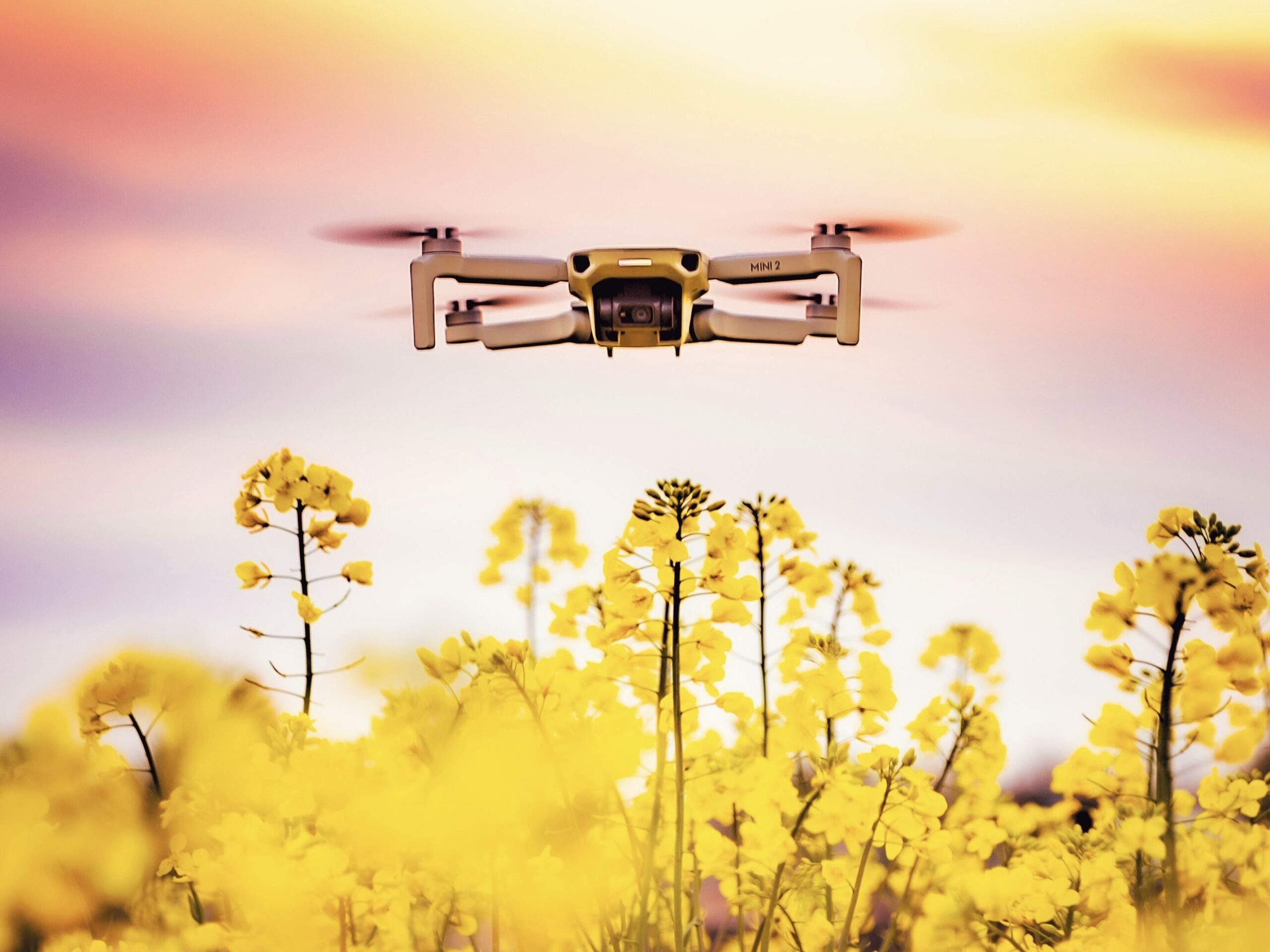Artificial intelligence (A.I.) has a complicated relationship with the environment, helping champion sustainability while itself having harmful effects.
A.I. is often seen as incredibly nebulous, just a complex series of code or a particularly useful search engine; however, just like any technology, it comes from a tangible source with an environmental footprint.
The primary source of concern comes from the data centres in which A.I. models are housed and deployed.
Data centres can contain tens of thousands of computers, a single one of which requires 800 kilograms of raw materials in its construction which includes mining rare materials which is often a naturally destructive process. Moreover, the electronic waste that comes out of these centres includes mercury and lead, both elements which have harmful effects on not only the environment but also human health.
Water consumption is another major issue. Even though billions of people, both in Canada and abroad, don’t have access to clean water — a quarter of the global population, according to the United Nations — one estimate posits that global A.I. infrastructure could consume 4.2 to 6.6 billion cubic metres of water in 2027.
Finally, A.I. data centres consume vast amounts of energy: a single request made through ChatGPT, for example, uses ten times more energy than a single Google search. This energy often comes from unsustainable fossil fuels and leads to immense carbon emissions.
In 2019, researchers from the University of Massachusetts found that training large A.I. models can produce around 626,000 pounds of carbon dioxide. That’s equal to 300 round-trip flights between New York and San Francisco, or five times the lifetime emissions of a standard car. These effects continue even beyond the training stage, meaning these aren’t one-and-done statistics.
Data centres aren’t the only part of A.I. usage that threatens the environment. A.I. automation like self-driving cars and delivery drones damages ecosystems; A.I. use in agricultural sectors could increase pesticide usage and decrease biodiversity for the sake of a greater yield; and A.I. companies have no ethical qualms about any of it. If a system is created that benefits short-term financial gain over environmental sustainability, there’s no telling what harm it might do in the name of profit.
Now, there are positive impacts A.I. can have on the environment. If used ethically, A.I. has the potential to monitor the environment and help businesses and governments make sustainable choices. The United Nations Environment Programme (UNEP), for example, monitors the venting of methane from oil and gas installations using A.I.
But these advancements are still so new that there aren’t yet enough procedures or laws that promote transparency and accountability of A.I. usage, making it a dangerous tool in a world already experiencing a climate crisis.
A.I. may have untold possibilities even in the realm of sustainability, but it is a major threat to the environment in its current state.

